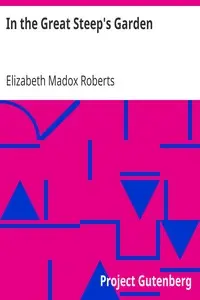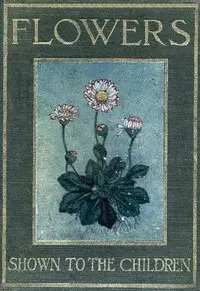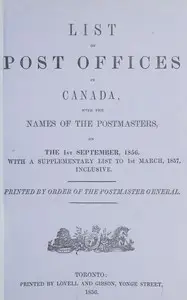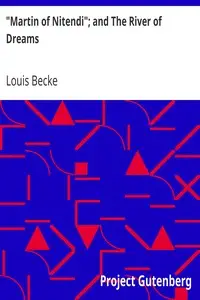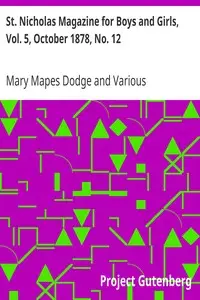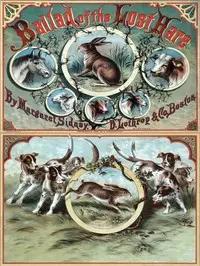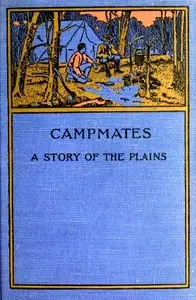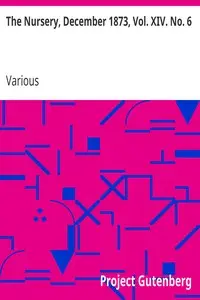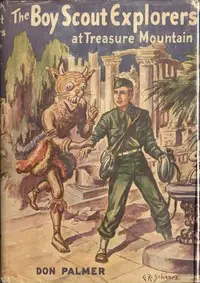"Under the Tree" by Elizabeth Madox Roberts is a collection of poems written in the early 20th century. This book captures the essence of childhood experiences, observations of nature, and simple yet profound moments that characterize young life. Through playful language and vivid imagery, Roberts explores themes of curiosity, imagination, and the familiarity of everyday life. The poems invite readers into the world of a child, filled with adventures both simple and enchanting. In "Milking Time," the speaker describes the joy of watching milk being poured into a mug, while "The Rabbit" portrays a quiet encounter with a timid creature. Each piece reflects a blend of innocence and wonder, as seen in "Big Brother," focusing on the dynamics of sibling relationships, or "The Circus," encapsulating the excitement of a special event. The collection is rich with sensory details and emotional resonance, making it a captivating exploration of the joys of childhood and the natural world. (This is an automatically generated summary.)

Under the Tree
By Elizabeth Madox Roberts
"Under the Tree" by Elizabeth Madox Roberts is a collection of poems written in the early 20th century. This book captures the essence of childhood ex...
Elizabeth Madox Roberts was a Kentucky novelist and poet, primarily known for her novels and stories set in central Kentucky's Washington County, including The Time of Man (1926), "My Heart and My Flesh," The Great Meadow (1930) and A Buried Treasure (1931). Her distinct, rhythmic prose characterizes all of her writings. Robert Penn Warren called "The Time of Man" a classic; the eminent Southern critic and Southern Review editor Lewis P. Simpson counted her among the half dozen major Southern renascence writers. Three book-length studies of her work, three collections of critical articles, a major conference on her 100th birthday, a collection of her unpublished poems, and a flourishing Roberts Society that generates 20-odd papers at its annual April conferences have yet to revive wide interest in her work.

